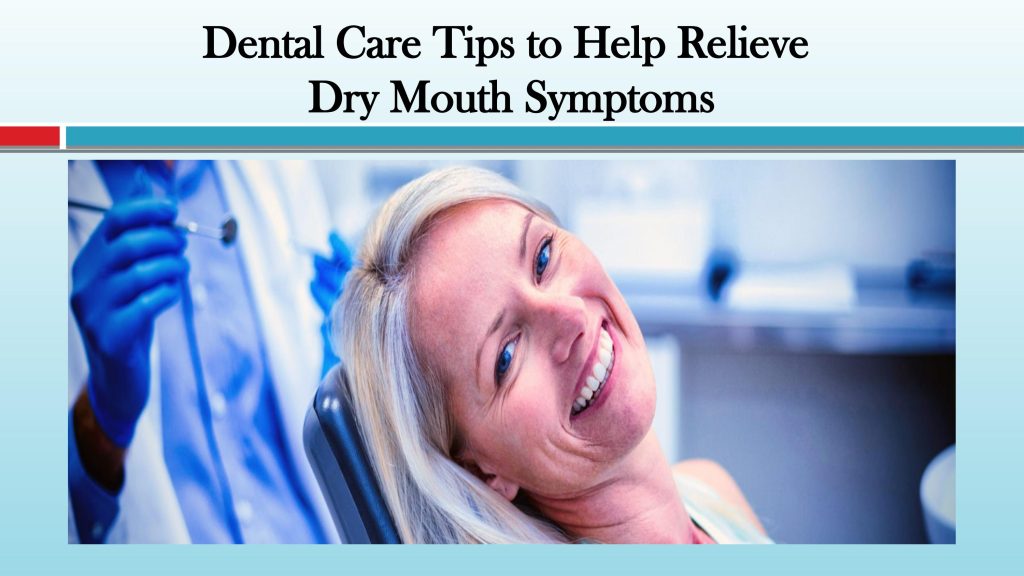

Dry mouth, a common condition often overlooked, significantly affects overall dental care, impacting oral health and potentially leading to severe complications. Imagine waking up with a persistently dry, scratchy mouth; the feeling is frustrating, and the long-term impact on oral well-being can be considerable. This comprehensive guide delves into the discomfort of dry mouth, explaining its causes, impacts, and effective management strategies. We’ll explore the connection between dry mouth and various dental issues, discuss treatment options, and outline proactive steps to prevent this discomfort and maintain a healthy smile. This article will cover several crucial areas, including the causes of dry mouth, how it affects dental health, and practical strategies for managing and preventing it.
Understanding Dry Mouth: A Common Yet Often Overlooked Dental Issue
What is Dry Mouth?
Dry mouth, also known as xerostomia, is a condition characterized by insufficient saliva production. Saliva plays a crucial role in maintaining oral health, acting as a natural lubricant, cleanser, and buffer against harmful acids. Insufficient saliva can lead to a range of oral problems, impacting the overall well-being of the mouth. It’s crucial to understand the underlying causes and long-term consequences of this common condition.
Common Causes of Dry Mouth
Several factors contribute to dry mouth, ranging from medical conditions to medications. Certain medical conditions, such as diabetes, Sjogren’s syndrome, and autoimmune diseases, can disrupt saliva production. Medications, including diuretics, antidepressants, and antihistamines, can also have a dehydrating effect, leading to dry mouth. Additionally, lifestyle factors like dehydration and frequent use of mouthwash can further exacerbate the problem. The severity and frequency of these underlying causes can influence the overall impact on dental health.
The Impact of Dry Mouth on Oral Health
Tooth Decay and Cavities
The lack of saliva’s protective properties can significantly increase the risk of tooth decay and cavities. Saliva naturally washes away food particles and neutralizes acids produced by bacteria, preventing acid attacks on tooth enamel. Without sufficient saliva, these acids can erode tooth enamel, making teeth more susceptible to decay. Early detection and treatment are paramount to prevent irreversible damage.
Gum Disease
The lubricating properties of saliva help maintain healthy gums. Insufficient saliva can weaken the protective layer surrounding the teeth, making gums more vulnerable to inflammation, bleeding, and periodontal disease. This can lead to a range of gum-related complications, impacting the stability and health of the supporting structures of the teeth. Regular dental checkups are vital for maintaining oral health, particularly in individuals with dry mouth.
Oral Infections
Reduced saliva flow can also create an ideal environment for oral infections. Bacteria and fungi can thrive in the absence of sufficient saliva’s cleansing and buffering actions. This increased risk of infections can range from minor irritations to serious conditions requiring medical attention. Recognizing the potential consequences of dry mouth is critical for proactive preventative care.
Effective Strategies to Manage Dry Mouth
Lifestyle Modifications
Implementing lifestyle modifications can be highly effective in managing dry mouth. Carrying a water bottle and drinking plenty of water throughout the day helps maintain hydration, counteracting the dehydrating effects of certain medications and activities. Chewing sugar-free gum or sucking on sugar-free hard candies stimulates saliva production, providing a natural remedy for dry mouth.
Oral Care Regimen
Maintaining a meticulous oral care routine is crucial for preventing complications associated with dry mouth. Brushing and flossing your teeth thoroughly and using fluoride toothpaste are vital steps. The use of a soft-bristled toothbrush reduces abrasion risk, which can be exacerbated by dry mouth. Gentle yet thorough cleaning is key to minimizing risks and preserving oral health.
Seeking Professional Dental Care
Consult Your Dentist
Regular visits to your dentist are essential for preventing and managing dry mouth’s complications. It’s crucial to schedule regular check-ups and cleanings to monitor oral health and identify potential problems early. Your dentist can evaluate your oral condition, assess saliva levels, and discuss effective strategies tailored to your specific needs. They can also recommend oral care products specifically designed for people with dry mouth.
Dry Mouth Medications
In some cases, your dentist might recommend specific medications or saliva substitutes to improve saliva production. These treatments may include prescription medications or over-the-counter saliva-stimulating products that help counter the negative effects of dry mouth. Your dentist will help determine the best course of action.
Saliva-Stimulating Exercises
Certain techniques can improve saliva flow, even in the short term. These simple exercises can offer relief and help in controlling the discomfort. Your dentist might recommend gentle tongue exercises or other tongue-stimulating methods to help improve saliva production.
Prevention and Early Detection of Dry Mouth
Identifying Risk Factors
Recognizing potential risk factors can enable preventative measures. Certain medications, medical conditions, and lifestyle choices can increase the risk of dry mouth. Identifying these risk factors allows you to take appropriate preventative measures and consult with a healthcare professional for tailored solutions. Openly discussing any concerns about potential risk factors is essential.
Conclusion
FAQ
More Considerations
Real-Life Examples
In conclusion, the discomfort of dry mouth significantly impacts overall dental care, affecting oral health and potentially leading to various complications. Understanding the causes and implementing effective solutions is crucial for maintaining optimal oral well-being. Prioritizing regular dental check-ups and addressing any dry mouth concerns with your dentist are key steps in preventing and managing potential issues. By taking proactive steps, individuals can safeguard their oral health and experience a more comfortable, healthy mouth. Schedule an appointment with your dentist today to discuss your concerns and create a personalized dry mouth management plan.